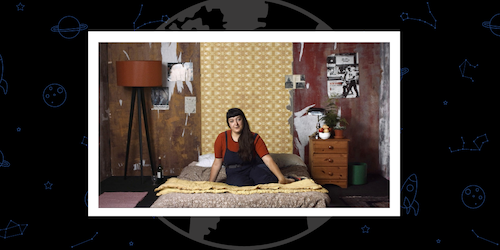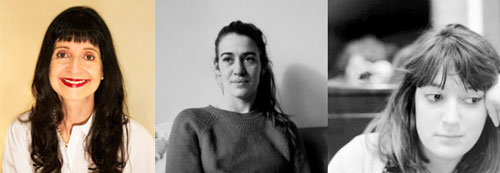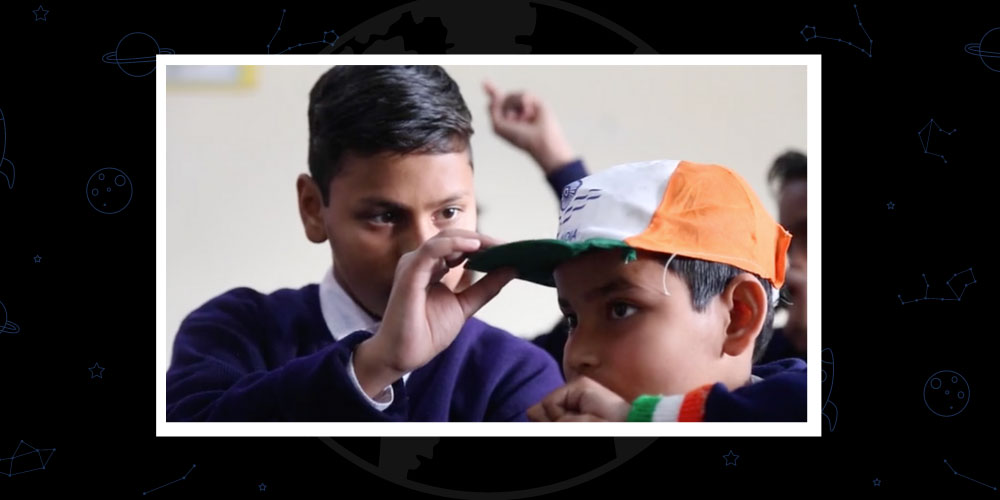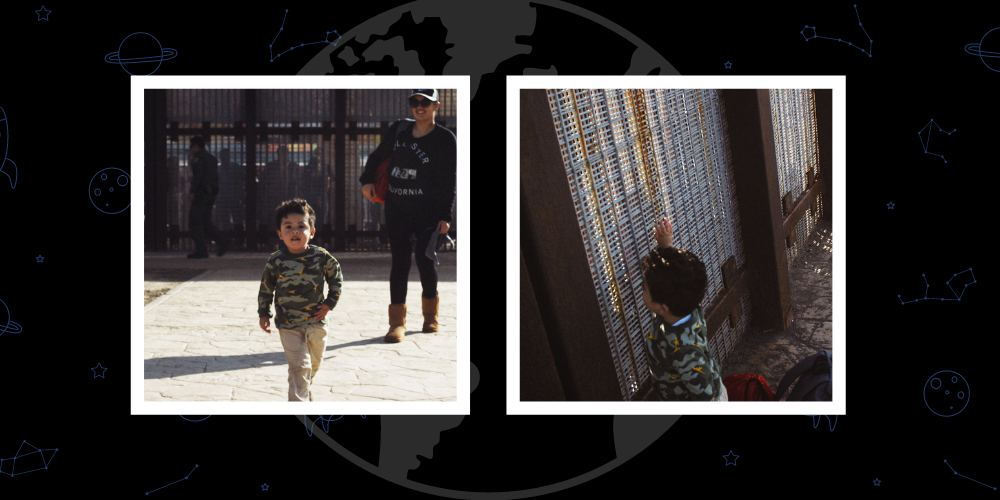This month on the Planet Classroom Network YouTube Channel, audiences can screen The Mess, a riveting documentary exposing the obstacles people with bipolar disorder must face and overcome in their daily lives.
Viewers meet Ellice, a strong woman who recounts her arduous experiences with bipolar disorder, a mental health condition that causes extreme mood swings which include emotional highs and lows. When Ellice gets low, her room gets messy – she never sees it coming, but it always happens. There seems to be no way to break out of the endless highs or lows that make up bipolar, or even to pick up her clothes up off the floor.
The Mess is directed by Dorothy Allen-Pickard, a filmmaker and multidisciplinary theatre-maker from South-East London. In 2019, she received the BFI New Talent Award and was named as one of Broadcast’s Hotshots. Her work is grounded in a deep interest in other people and a will to bring about social and political change. Ellice Stevens is co-director of the multi-award-winning Breach theatre. She is a writer, actor and theatre-maker.
The Global Search for Education welcomes Dorothy Allen-Pickard and Ellice Stevens.
Dorothy, what inspired you to tell this story? What research did you do on bipolar disorder?
Dorothy: Quite often I’ve found myself drawn to making films about my friends and family, both in documentaries and fictional works. I want to tell stories about subjects I know and understand well, so it makes sense to start with the people I know. A lot of their experiences are really powerful when seen on screen – whether it’s experiencing bipolar, converting to religion, or living with a physical disability – issues that are relatable for a wider audience, yet they’re often absent from our screens. And there’s a trust and an openness that has come from years of friendship, which makes for a more complex and interesting film.
It is clear that mental health takes a big toll on people to the point of making the smallest tasks impossible to complete. I found interesting the combination between Ellice speaking at a normal speed, and having objects falling at a very slow speed. What disjunctive effect/experience did you hope to create from this technique?
Dorothy: What particularly interested me when making The Mess was the challenge of finding a visual language that explores the specificities of bipolar disorder as something that’s distinct from depression and other mental illnesses. There’s great potential to use the filmic medium to explore mental illness, because you can create visual metaphors and layer dialogue over music, which helps to create a sense of someone’s mental state.
Ellice and I spoke about finding a narrative form that could accommodate a multifaceted conversation about all the different aspects of her experience of bipolar, which is how we came up with the idea of having three different strands and a combination of scripted and spontaneous dialogue. We felt it was really important that on the day of the shoot there was space for her to speak in an open, intuitive way about her experience, so that it wasn’t only the composed, rehearsed narrative of bipolar that she’d discuss. Unsurprisingly, the unscripted parts were the moments that were the most emotionally raw.
Ellice, in many different scenes you illustrate yourself struggling with your bipolar disorder. Are there particular ways you believe people can make life a bit easier for loved ones who struggle with their mental health?
Ellice: For anyone experiencing it, or with friends and family who are, just remember you’re normal! It might feel like you’re constantly up against people who are using your age or experience as a way to make you feel illegitimate in what you’re going through. Try not to listen to that and just try to enjoy the good things. When you’re really low or really high and you feel like you lose control, don’t forget that you’re not alone. Other people are going through it too.
What do you believe are the main takeaways from this story? What do you hope audiences will feel when they see it?
Ellice: I was diagnosed with depression and was on medication for five years. I felt like I became very good about talking about it and letting people in. I had a language that made me feel like I owned it. Then I found out I’d been misdiagnosed, and I suddenly felt like I couldn’t talk about it because I didn’t understand it. This project was definitely about Dorothy and I coming together to create a space in which I could find a language and gain ownership over it again. I can’t possibly speak for everyone with bipolar, but I hope that audiences will have a better understanding of how bipolar affects me after watching this film, and perhaps that will give them some insight into aspects of other people’s experiences too.
Thank you both!
C.M. Rubin with Dorothy Allen Pickard and Ellice Stevans
Don’t Miss The Mess on the Planet Classroom Network YouTube Channel.







Recent Comments